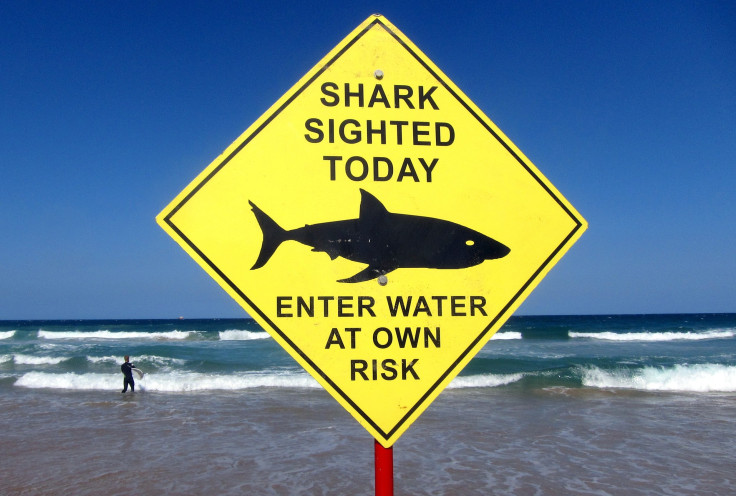Even if Australia introduces the $1m shark cable, it won’t prevent divers and surfers; Long-term environmental impact under review

As the South African government has successfully tested world’s first shark deterrent cable, Australia may soon adopt the cables to keep great white sharks away from the beaches. The successful testing of the $1 million cable may put an end to drum and net lines around the world. The trial concluded with a 100 percent success rate. However, shark policy expert Christopher Neff, though pretty upbeat about the “pulsing” cable, has raised few logical questions.
The Australian state governments may soon adopt and introduce the cable in beaches that have a history of deadly shark attacks, such as Cottesloe. The Sharks Board will approach Australian state governments to keep sharks at bay through the cable. But the concern being raised by experts is that the shark deterrent cable may not be of any use to divers and surfers. Moreover, Neff stated that the board had led electrical shark deterrent technology for 20 years, but it had primarily been “hit and miss.”
Neff added that geographical variations in water movement, density and salinity may affect the performance of the new cable developed to keep humans and sharks away from each other. He was also sceptical about the new technology as WA beaches differ greatly from other beaches as they quickly become deep.
While he believes that an effective non-lethal shark deterrent would be a big step forward in the right direction, he wants the makers of the technology to study the total ecological impact too before introducing the cable.
“Usually you need a stable ocean environment and a low-energy beach for something like this. And would it go out to the surf line? Is there a study of the long-term environmental impact?” Neff said.
It would be interesting to see whether the shark deterrent “pulsing” cable will be suitable for swimmers with pacemakers and if the efficiency of the cable would change with changes in salinity, swell and weather. Neff also expressed concerns on the effects the shark cable would have on little organism in the ocean.
“Whenever we introduce anything alien into the water we need to be acutely aware of the long-term effects. If it deters sharks it's great, but the odds are if it affects an apex predator like a shark that's at the top of the food chain, it will affect little things as well,” Neff told WA Today.
Environmental impacts should also be studied before introduction. Managing director of Shark Shield, Lindsay Lyon, said that the shark cable is a great technology and it would provide people a level of confidence. However, Lyon too expressed concerns for surfers and divers.
“Paul [von Blerk] ... has been involved with this technology right from scratch so if he says he's getting 100 percent success, he's getting 100 percent success. But when you look at the people at risk, those who represent 80 percent of the unfortunate interactions with sharks, they are surfers or divers and none of them will be protected by a beach barrier,” Lyon added.





















